Oil-slick Ship At Risk Of Breaking Up: Release Of a New Tide Of Oil Feared
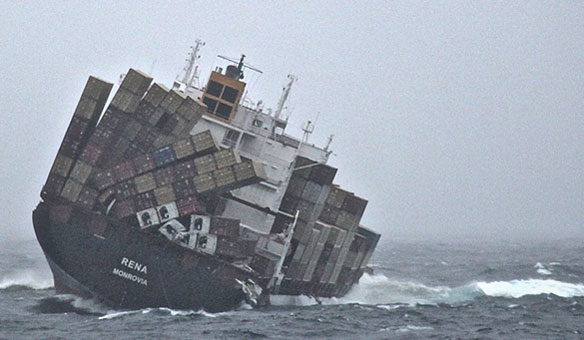
Fears grew Wednesday that the ship stuck on a New Zealand reef may break up and release a new tide of oil, as up to 300 tonnes of heavy fuel has leaked into the Bay of Plenty so far. Maritime New Zealand is considering issuing face masks to people living near beaches affected by oil from crippled cargo ship Rena.
Oil spill: Stricken Ship’s Safety Issues Revealed
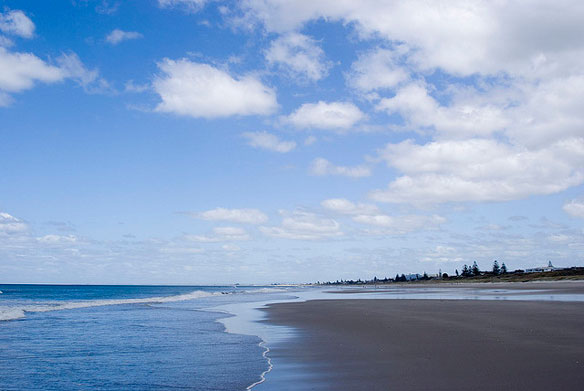
Safety issues dogged the stricken container ship spewing oil into the Bay of Plenty as far back as July, it was revealed yesterday.
Oil Spill Disaster In New Zealand : Worst In Decades
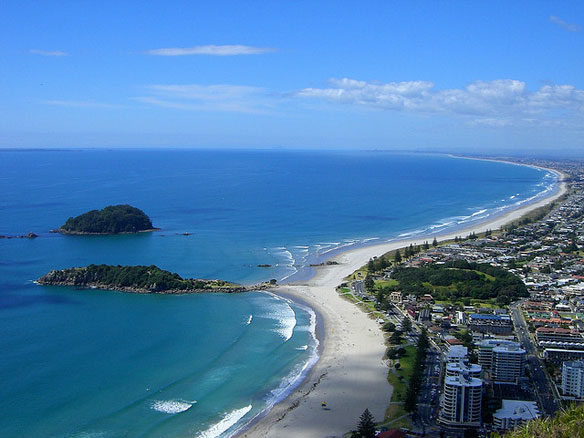
An oil spill from a stranded cargo ship off New Zealand is the country’s worst environmental disaster in decades, the government says.
Oil Pipeline From Alberta Tar Sands To Texas Coast: On Its Way To Final Approval
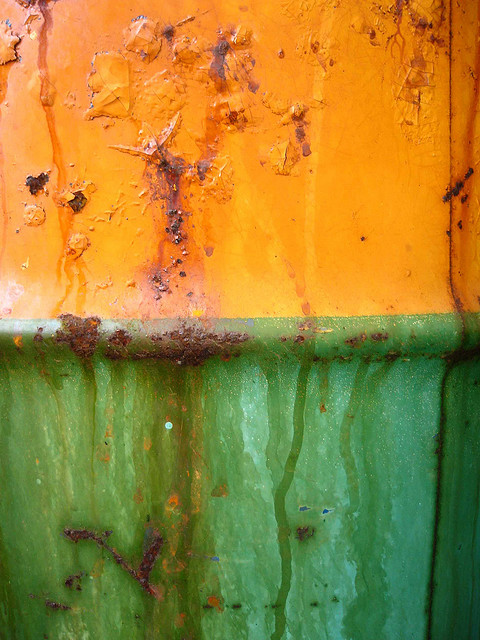
In a blow to campaigners, the US State Department said the proposed 1,700-mile pipeline, that will pump oil from the tar sands of Alberta to the Texas coast, would not cause significant damage to the environment…
North Sea Oil Pollution: “Something has gone wrong here,” Shell Declared
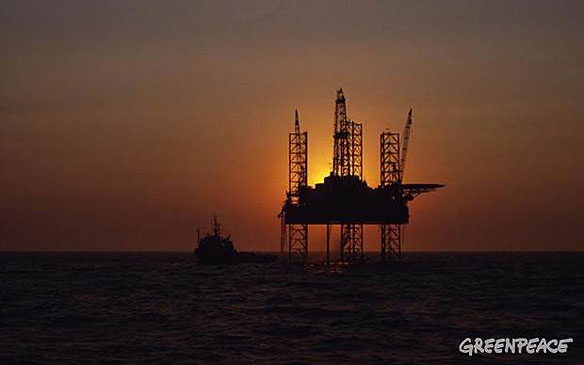
It’s not the most reassuring apology in the world; alongside the apology came the admission that the second leak could take weeks to fix, that the pipe that sprung the leak is more than 30 years old, and that if Shell’s risk assessment, maintenance and inspection processes had been better, the accident wouldn’t have happened in the first place…
Some Lessons Learned from the Two Worst Oils Spills in U.S. History ?
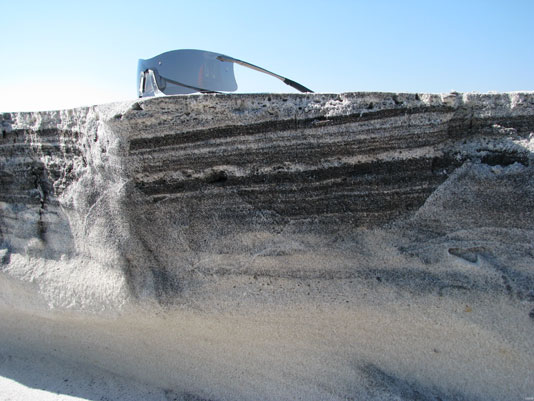
Despite vast differences in the impacted marine ecosystems and the circumstances of these two worst oil spills in U.S. history, oil-degrading microorganisms played a significant role in reducing the overall environmental impact of both spills. However, “It is too soon to tell what the impact of the BP oil spill will be on the delicate marsh environments and beach communities in Louisiana, Mississippi, Alabama, and Florida.
Oil slick spreads from sunken ship off Mumbai
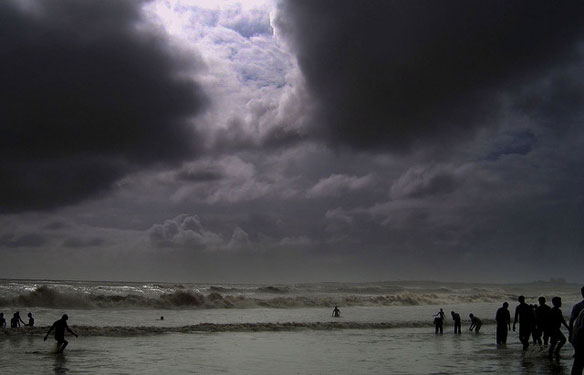
Indian authorities worked to clean up an oil spill from a cargo ship that sank off Mumbai last week, with oil found on beaches and in water near the city’s shoreline.
US opens ways for Shell drilling in Arctic Ocean
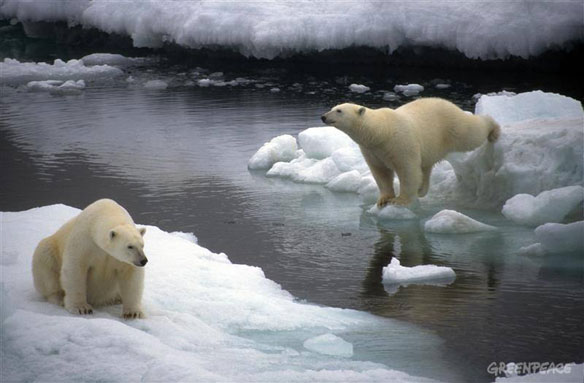
The US Interior Department has opened the doors to Shell’s proposal for four shallow water exploration wells in Alaska’s Beaufort Sea to start in July 2012.
Oil pollution in Niger Delta: Environmental Assessment of Ogoniland Report; Unep
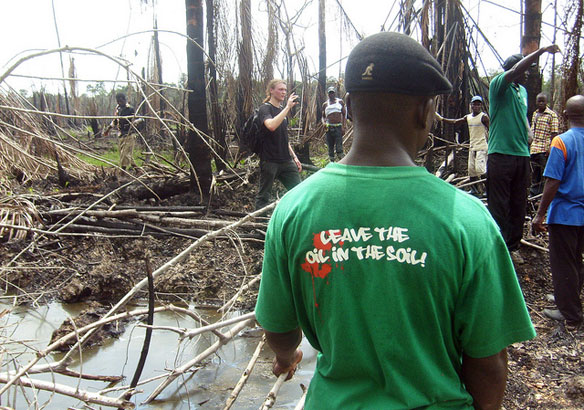
A report by the UN Environment Programme, which carried out a 14-month assessment of pollution from over 50 years of oil operations in Ogoniland – Niger Delta region, has found widespread and devastating oil pollution that may require the world’s biggest ever clean-up, that could take 20-30 years. The UNEP also called for the oil industry and the Nigerian government to contribute $1 billion to a clean-up fund for the region to properly address this “tragic legacy.”
